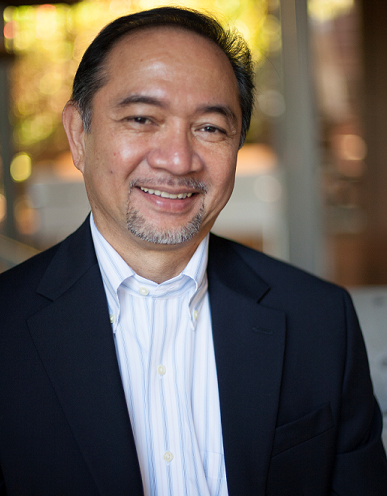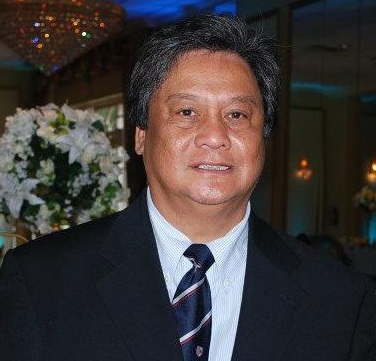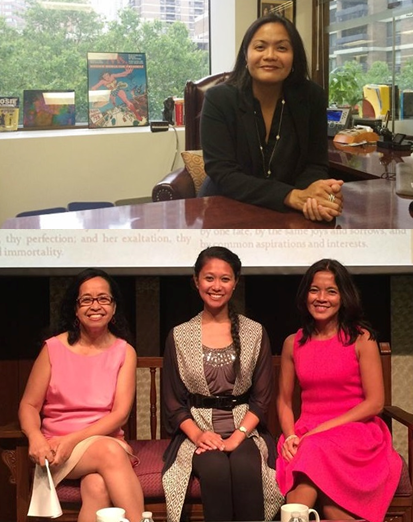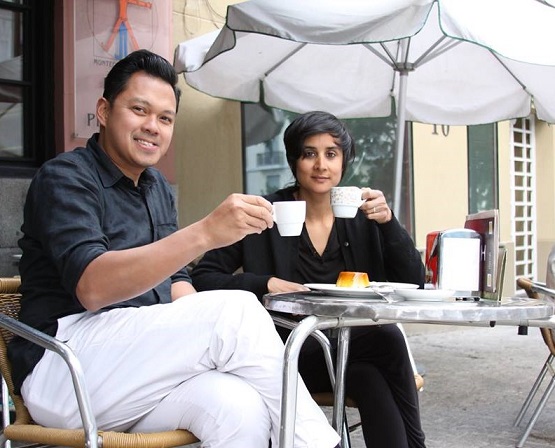The education of the leader: Filipino Americans and political representation
By Iris Zalun
There are 3.4 million Filipinos in the United States. That number is more than three times the population of Rhode Island, which – by the way – has federal representation by way of two senators.
Despite being the second largest Asian community in the country, we remain the “Invisible Minority.” We are adept at assimilating into American culture. Many of us are Christian, speak English, and have the educational backgrounds and socioeconomic status that help our families integrate into the American middle class. We blend so well into the Western ethos that our community of 3.4 million lacks a political voice unique to our concerns specifically as a Filipino citizenry.
Where are the groups advocating justice for the Filipino American war veterans? Where are the groups promoting the DREAM Act among FilAms? These organizations certainly exist, but they are not large or unified enough to effect any sort of significant or sweeping change. While these are small steps towards progress, our foot remains leaps from the Capitol building’s door.
Filipino historian Renato Constantino declared, that “Leadership is an opportunity to learn.” Yet we are not fulfilling that opportunity to teach our leaders. In the 2004 and 2008 elections, voter turnout among FilAms was abysmally low at less than 10 percent. In 2008, the turnout rate was 47 percent among Asian Americans, already low among minority groups in the country, and especially compared to the 63 percent turnout of eligible voters overall.
Our bleak political presence was clear to me when I voted in the last presidential election. Long Island is not exactly teeming with Filipinos, yet voting alongside only white senior citizens was not encouraging for me as a young FilAm. Is it any wonder that American lawmakers have not taken us seriously as a political force? Political representation comes with political participation, but we are absent and apathetic.
In the Philippines, some might vote, but civic engagement is not high on the priority list outside of elections when most people must worry about how and what they will feed their multiple, malnourished children. Many of our parents may be disillusioned as a result of being born into the false republic of the Philippines, but they must remember that they have a new home now, with a different system of government. Even if this is the case, what then is the excuse of young FilAms?
We have a history of political activism – from our ancestors during the Philippine Revolution of 1896 to the People Power Revolution of 1986, and even closer to home through Larry Itliong, Carlos Bulosan, Philip Vera Cruz, and other labor leaders who championed workers’ rights. It is up to us to remember what our forefathers fought for. It is up to us, as they did, to be visible, to be loud, and to educate our leaders.
It is time we dissociate ourselves from absence and apathy. We must use the opportunities available to us to organize and mobilize our community into a force our leaders and fellow Americans must recognize, as an immigrant population, and as a growing minority group with unique needs. A true leader educates the public, but a true republic educates its leaders. Voting – though not the only method of making ourselves visible – is the first and simplest step in this long process of obtaining recognition, and it is a crucial first step our community must take if we seek true representation.
To check your voter registration info or to find your polling place, click here: http://www.canivote.org/
Iris Zalun is the vice president of the Pilipino American Unity for Progress or UniPro, an organization of young professionals and students promoting unity within the community.












I’d love to find the article, but it basically said that Filipinos are the most culturally amorphous… or at least, most assimilated into American culture, amongst every other ethnicity, esp. Asian… that being said, I think the approach of integrating into American culture somewhat symbolizes how we might not have wanted filipino representation then… to stand out as an ethnicity, but to be recognized as American. What do you think?
[…] to an article written by Iris Zalun for The FilAm, a content partner of GMA News Online, even though the 2010 US […]
[…] to an article written by Iris Zalun for The FilAm, a content partner of GMA News Online, even though the 2010 US […]